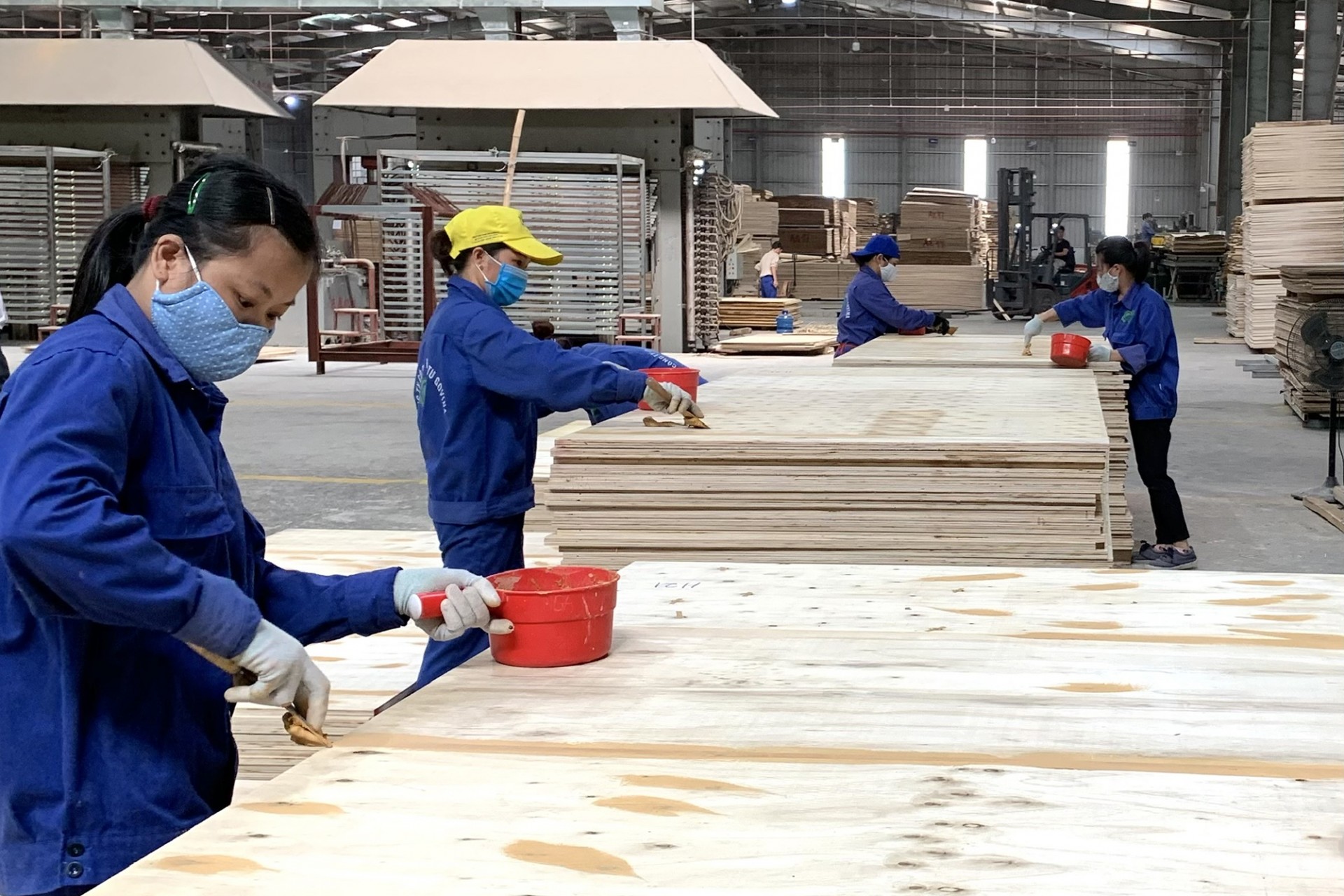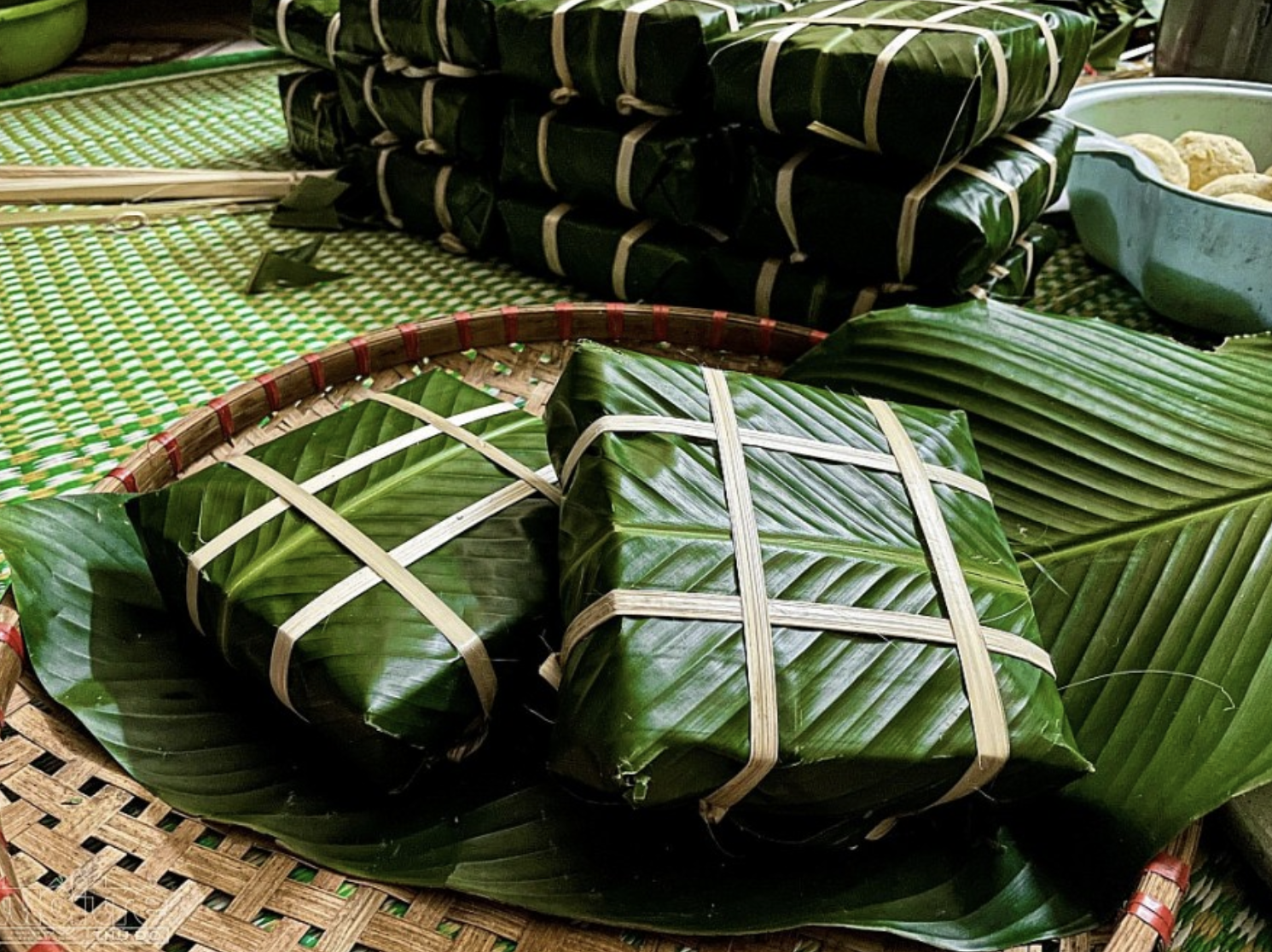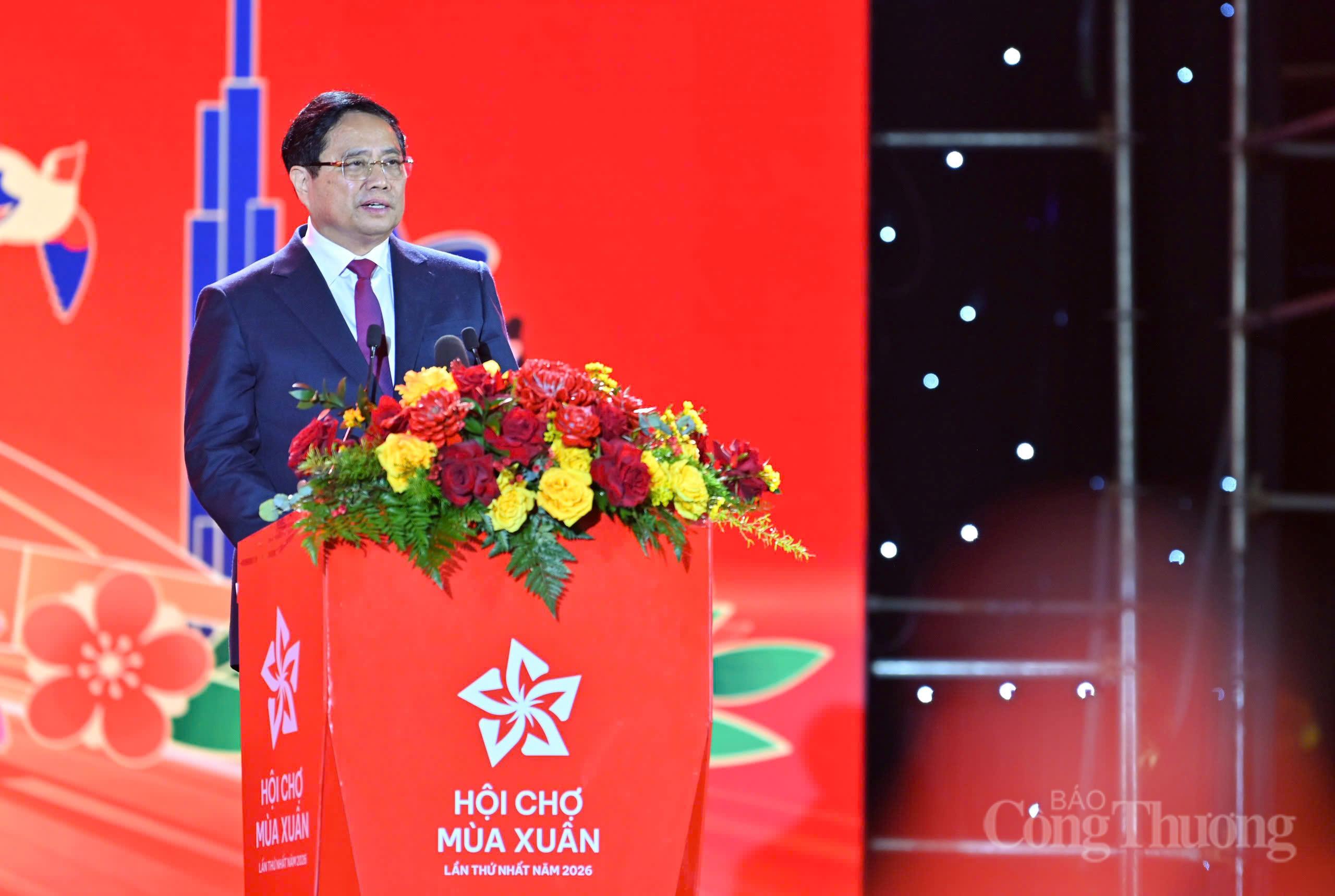
Vietnam ready to deepen comprehensive cooperation with the US
19:05 | 23/03/2025 08:30 | 15/02/2026News and Events
 |
| Wood production at Govina Investment Joint Stock Company in Thanh Binh Industrial Park of Bac Kan Province’s Cho Moi District - Photo: Huong Diu |
According to the Department of Industry and Trade of Bac Kan Province, 10 mineral processing projects have been licensed in the province, of which five are under operation, one is being tested, two are implementing land-related procedures, and two have been temporarily suspended.
The projects have encountered difficulties, mostly in product sales. The Ngoc Linh Co., Ltd., for example, has produced about 45,000 tonnes of zinc powder per year, but is facing difficulties in sales, which makes the company lack capital for reinvestment and raw material purchase.
The Bac Kan Mineral Joint Stock Corporation is suffering an inventory of 6,684.1 tonnes of zinc sulfide concentrate. The reason is that there is only one zinc-sulfide-concentrate consumer in northern Vietnam – the Thai Nguyen Non-ferrous Metal Joint Stock Company that has already had its zinc sulfide concentrate suppliers.
The provincial Department of Industry and Trade has proposed that the Ministry of Industry and Trade ask the Prime Minister to allow the export of zinc oxide powder and zinc sulfide concentrate to help enterprises increase sales.
The provincial wood processing sector is also facing difficulties. The Thanh Binh Industrial Park in the province accommodates five wood processors and exporters. They export plywood and wooden knives, spoons, forks and chopsticks to Malaysia, Japan, the Republic of Korea, the EU, and the US. Two of the five enterprises are finding it impossible to export plywood to the US for a year plus, as the US Department of Commerce (DOC) initiated the anti-dumping and anti-subsidy duty evasion investigation for hardwood plywood from Vietnam.
While the DOC hasn’t issued final conclusions on the investigation, Vietnamese enterprises are still facing difficulties, as exports account for 70 percent of their revenue. This has caused them to suffer from growing inventories and stagnant capital circulation. The five wood processors and exporters in the province are operating only 20-30 percent of their designated capacity to mainly retain their skilled workers.

19:05 | 23/03/2025 08:30 | 15/02/2026News and Events

19:05 | 23/03/2025 08:25 | 15/02/2026News and Events

19:05 | 23/03/2025 16:44 | 14/02/2026Tourism

19:05 | 23/03/2025 16:33 | 14/02/2026Home Page

19:05 | 23/03/2025 16:32 | 14/02/2026Trade